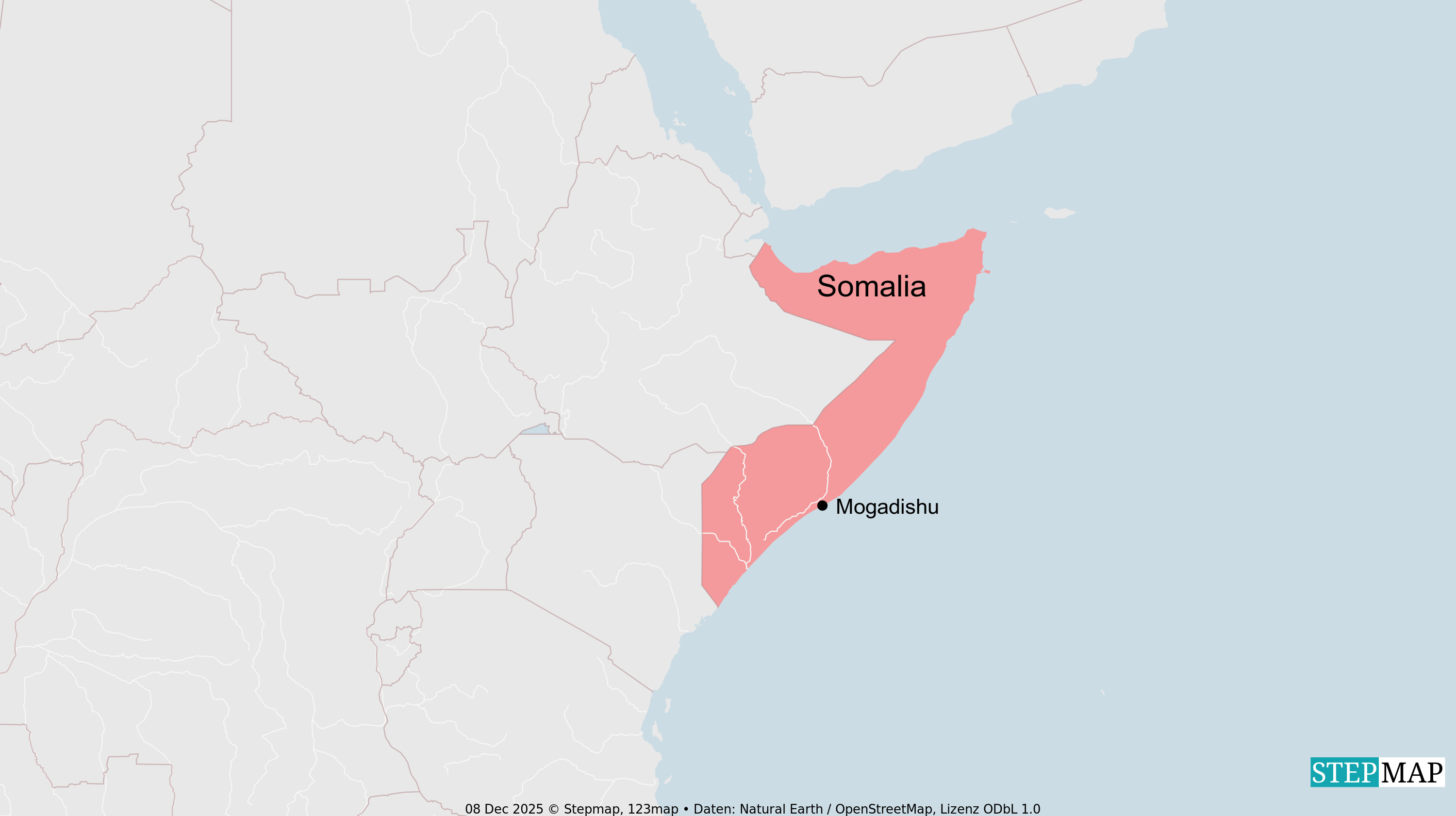Policy advice
Bridging the gap
By Fabian Scholtes
Ask policymakers or staff of development agencies what impact research institutes have on their work, and they are likely to tell you that scholars’ research tends to be irrelevant and hard to understand. Many researchers, on the other hand, believe that policymakers and agencies are simply not interested in academic insights. So one side does not feel addressed properly, and the other side does not feel heard. Studies have documented the following attitudes:
– Agency staff say that academic research hardly addresses practical issues because scholars are neither interested in the right topics nor have appropriate incentives.
– Practitioners also say that research results are typical-
ly inaccessible, presented poorly, or irrelevant because recommendations are impractical.
– Scholars, on the other hand, say that practitioners are neither willing nor able to absorb high-quality research and look down on “the ivory tower” instead.
– Researchers also blame policymakers and implementing agencies of only accepting results that fit their needs, hesitating to acknowledge criticism and
being eager to instrumentalise studies for their purposes.
– Some speak of a cultural gap, with people on one side trying to discover the truth and those on the other side promoting change. The first want accurate data they can publish, the latter need fast, implementable action.
None of these assessments is totally unfounded, of course. Making matters more difficult, neither side is really aware of how the other side operates. The results are unrealistic expectations which lead to inevitable disappointments. Nonetheless, not only consultancies and advocacy groups manage to use research data to make themselves heard among policymakers and official agencies, but so do some scholars.
Making research relevant
Officially, researchers are supposed to find better solutions to known problems, shed new light on them and help society understand new challenges. Policymakers and aid agencies expect strong evidence they can base decisions on. Delivering such evidence, of course, is in line with academic aspirations of producing neutral facts and explanations.
However, for obvious reasons, policymakers and agency staff also hope that scholarship will conform with their operations and legitimise them. They want studies not only to fit in with the way they work, but to match their underlying assumptions and values. At least they want to be able to interpret studies that way.
In fact, policymakers and agencies only rarely use research results as the basis for operational decisions. Research provides general orientation and ideas. Accordingly, it matters a lot who is expressing an academic view – and how that is done. Reputation, charisma, personal ties and compatible ideologies matter, and are sometimes more important than content itself.
On the one hand, new knowledge can trickle into persons and institutions and lead to incremental re-orientation. To promote such gradual change, researchers must be enduring. On the other hand, scholars’ advice is needed when paradigms shift. Ever since the global financial crisis started in 2007/08, for instance, the role of markets and states is being reassessed.
The right moment
Timing is of crucial importance. If researchers offer their insights too late, policymakers and implementing agencies will already have made up their minds, concluding similar or perhaps quite different things. Researchers’ advice, on the other hand, is likely to fall on deaf ears if it is offered too early, when the other side is still comfortable with its established practice and sees no need for a re-think.
Aid agencies often do not operate in an ideal-type linear decision making mode, assessing problems first, defining goals next and drafting strategies for final implementation on that basis. If they did, it would be easy to tell when they need what kind of information. The world agencies operate in is far more complex and often quite confusing. Pragmatic muddling through is the norm. Change happens in small, experience-based steps. In this process, research results are just a few of the factors that matter, and in doubt they are likely to be neglected.
And yet, there are institutional procedures that researchers can pay attention too. The development community needs certain kinds of knowledge for negotiating purposes and others for policy implementation. These things may be hard to discern from outside, but researchers are certainly more likely to be heard if they are close to what is going on and understand the needs of the various players.
Towards a systematic approach
As the Overseas Development Institute found out in its RAPID project (2004), researchers are most likely to get practitioners’ attention when they design such efforts like a project – spelling out explicit goals, strategies, timelines, partners, clients and so on. Scholars have to plan every publication and every funding application like that. They cannot succeed unless they know their business, understand demand, forge alliances and make references as needed. If researchers want to reach out to the development community, they have options for doing so:
– Questions of practical relevance should be part of their research interest right from the start, with consequences for methods and project design. This approach does not collide with the principle of open and unbiased research.
– Explicit strategies help. They should spell out what research results are needed for and at what point in time they will be most valuable for whom. Researchers need to understand how their target group ticks and what kind of information it needs.
– Cooperation depends on trust, which thrives on personal exchange. Personal interaction can provide a common starting point. All too often, researchers present fairly self-evident knowledge as cutting edge insights. On the other hand, agency staff and policymakers tend to ask questions recent research cannot answer yet. It helps if all sides cooperate on defining common ground, shared interests and identifying synergies.
– It is important to know policy champions who drive change in developmental institutions. These people are not always at the top of the hierarchies. Competent knowledge brokers can also make a difference.
Researchers are often told to communicate more competently. Indeed, expressing results may well be of similar relevance as research itself. Studies are most likely to be read and used if they are concrete, positive and concise and if their practical relevance is obvious.
This demand is anything but new. Nonetheless, it is not often lived up to. One reason is that it almost requires journalistic training. Another reason is that simplification often means distortion, which is something researchers shy away from.
Indeed many studies suggest that the problems mainly lie in communication. Things are not that simple, however. Of course, a message is more likely to be heard the clearer it is. But it will not do to simply present data in a more appealing manner. Knowledge is not a given object, it is generated in discourse. A workshop involving researchers, policymakers and implementing staff is likely to be more effective than the best policy brief.
The practitioners’ responsibility
Successful communication obviously does not depend on researchers alone. While most studies that deal with the interaction between research and political action result in advice to scholars, they have consequences for the development community too. Its members must appreciate independent scholarship, and they have to become involved in researchers’ plans and networks, sharing their own experience with the research community.
If researchers are to become something like policy entrepreneurs, the practitioners must become better at absorbing academic studies. Better communication is about more than researchers finding plain words for complex insights. It is also about recipients asking precise questions – and comprehensible ones. The aid community has a jargon of its own, and researchers should not simply be expected to understand it. To really make development policy more knowledge based, policymakers and agencies need to invest too.







